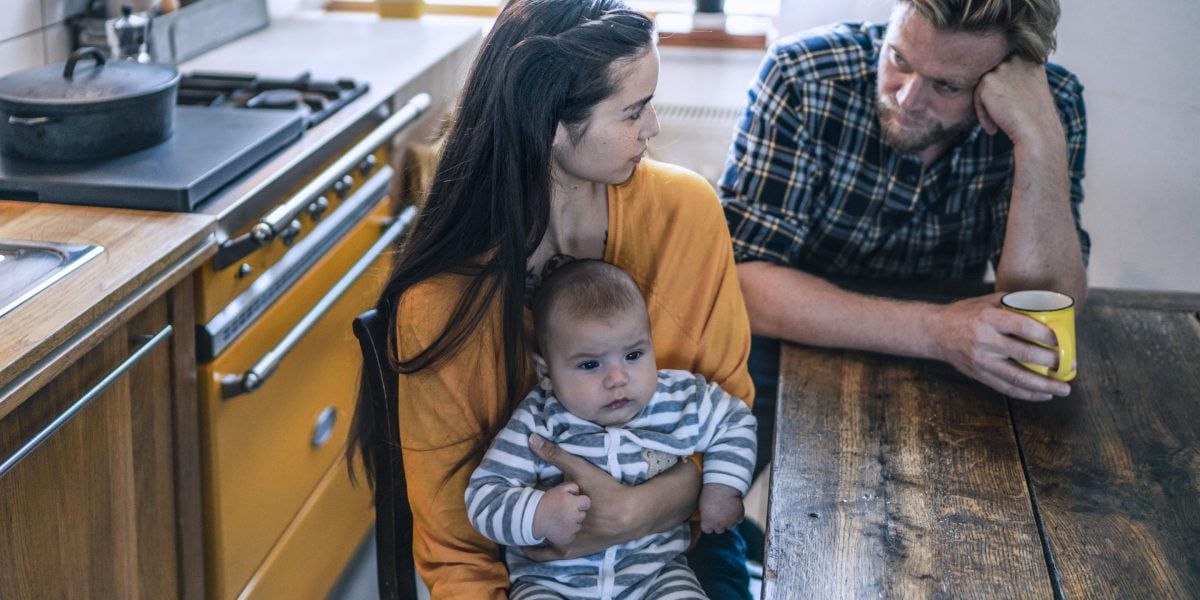Few milestones in life mean as much to the American Dream as owning a home. And millennials have encountered the kind of trouble totally befitting their generation, which largely graduated into the teeth of the disastrous post-2008 job market. Just as they entered peak homebuying and household formation age, housing affordability is at 40-year lows, and mortgage rates are near 40-year highs.
The anxiety this generation feels about the prospect of never owning their own home affects their entire perception of their finances and the economy, says Moody’s chief economist Mark Zandi.
“If they feel like they’re locked out of owning a home it colors their perceptions about everything else going on in their financial lives,” Zandi says.
Millennials have long been dogged by a brutal housing market. They faced not one, but two, cataclysmic economic events—the Great Financial Crisis in 2008 and the pandemic in 2020. Both of which left them reeling financially and struggling to afford a home. The Great Recession decimated the real estate market as the economy nearly collapsed under the weight of tenuous mortgage backed securities. While the pandemic brought with it a remote work boom that caused millions of citydwellers to flee to the suburbs, sending housing prices soaring.



A lot of what you’re talking about is discussed in Elizabeth Warren’s (now 20 year old) book The Two-Income Trap.
The central premise is that, as many middle class women entered the workforce, you would think that two working parents would be a way to get ahead in the economy, but in reality the combined incomes of two professional adults with children just became a “new floor” of sorts, for a number of reasons.
Multiple SUVs, the ubiquity (and perceived necessity) of consumer electronics, childcare costs, and emphasis on living in premium housing areas for the good schools… all good life improvements in their own right, but definitely eat into the supposed “gains” of adding a second income. Even in high income areas people ratchet their expectations and living standards up, so earning six figures each is sorta like the bare minimum. Will you have more “stuff” than a poor person? Absolutely. But that doesn’t equate to quality of life necessarily.